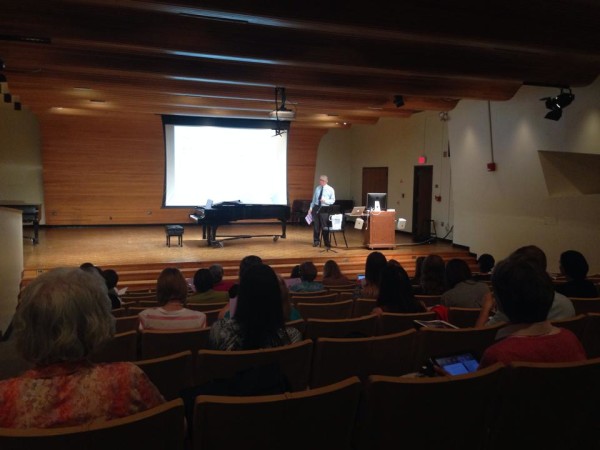UPDATE: Please visit this post for the latest 2022 RCM Piano Syllabus version.
I recently finished creating a new set of technique charts for the RCM’s new 2015 Piano Syllabus.
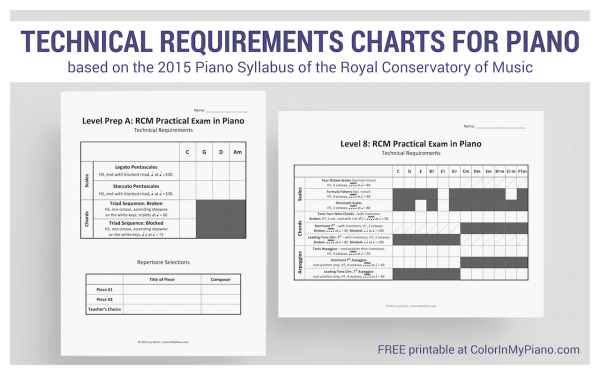
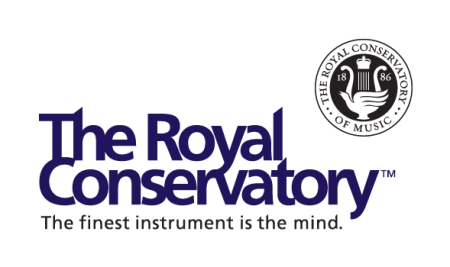 Here is the backstory.
Here is the backstory.
Over the past few years, I have entered a handful of piano students to take assessments through the Royal Conservatory of Music, an excellent program originating in Canada and becoming more popular in the United States. I appreciate the thoroughness of the assessments, which require students to perform a set of pieces ranging in musical styles and to demonstrate musicianship skills (sight-reading, ear training, rhythm exercises, etc.). The levels outlined in the syllabus (find the free PDF here) are soundly structured and have been refined over time by dedicated pedagogues in our field. RCM is also known for the quality and consistency of the adjudicating across the continent. RCM is not a competition; it is a standard that allows students and parents to better understand and track progress during music study.
Every seven years, the RCM piano syllabus is revised to incorporate new repertoire, eliminate repertoire that is no longer readily available, and refine the musicianship and technical requirements. 2015 marks a revision year, which means RCM teachers are seeking to learn about the updates and changes compared to the previous 2008 syllabus.
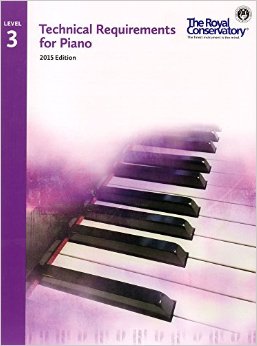 RCM’s non-profit publishing company, Frederick Harris, publishes a variety of wonderful books to aid students in preparing for assessments (most notably, the piano literature books known as the Celebration Series).
RCM’s non-profit publishing company, Frederick Harris, publishes a variety of wonderful books to aid students in preparing for assessments (most notably, the piano literature books known as the Celebration Series).
Books are also available containing the notated technical requirements for each level; however, I personally prefer to teach scales/arpeggios/chords by rote rather than through having students read the notation. But it can be cumbersome to write out the RCM technical requirements on students’ assignment sheets each week–especially if you expect students to review all previous material.
So, a few years ago I released a free printable containing charts of the technical requirements for each level according to the 2008 piano syllabus. These charts have proved to be incredibly helpful to ensure that my students are learning and reviewing all of the required technical work. I’m happy to announce today that new charts are available below for the new 2015 piano syllabus. Even if you have no intention of sending students to RCM assessments, you might find these charts useful.
I keep this PDF uploaded on my iPad (use iBooks, GoodNotes, or any similar app of your choice) so I can print the appropriate charts wirelessly during lessons. Students take their chart to and from their lessons. As each item is mastered, we fill in each box with a checkmark or a sticker. The chart makes it easy to visually track progress.
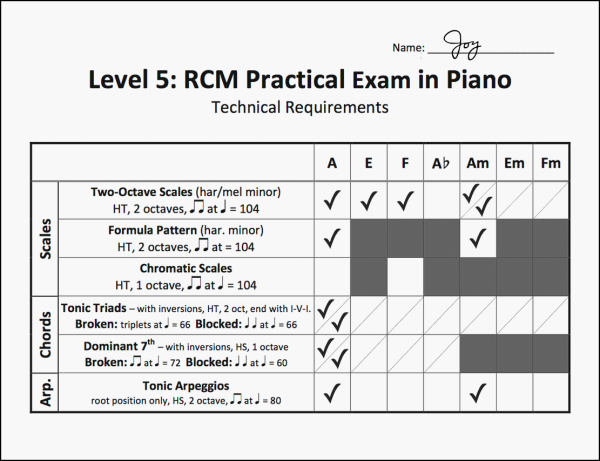
Special thanks goes to fellow piano teachers Donna Gross Javel and Nancy DeHaven Hall for helping to proofread the charts against the 2015 syllabus.
Download:
 2015 RCM Technical Requirements Charts for Piano (557.9 KiB, 29,936 hits)
2015 RCM Technical Requirements Charts for Piano (557.9 KiB, 29,936 hits)
Enjoy!
 Greetings! During today’s live broadcast via Periscope, I shared a little bit about a studio holiday project that I have been doing for the past two years: building a paper chain to decorate the studio, adding a new chain for every holiday piece that students learn. Preparing for this tradition again this year has made me excited about giving out Christmas music to students this week!
Greetings! During today’s live broadcast via Periscope, I shared a little bit about a studio holiday project that I have been doing for the past two years: building a paper chain to decorate the studio, adding a new chain for every holiday piece that students learn. Preparing for this tradition again this year has made me excited about giving out Christmas music to students this week!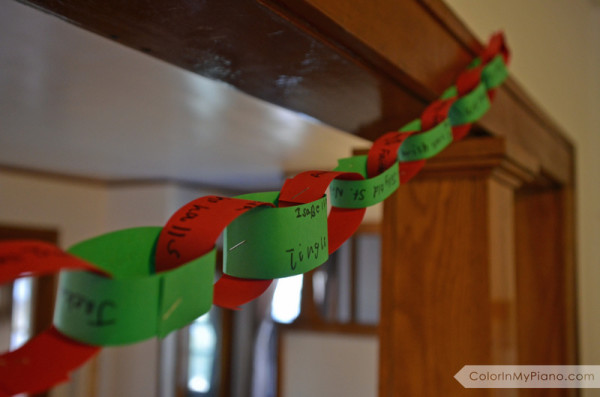
 Musical Christmas Chain Project (155.5 KiB, 4,997 hits)
Musical Christmas Chain Project (155.5 KiB, 4,997 hits)


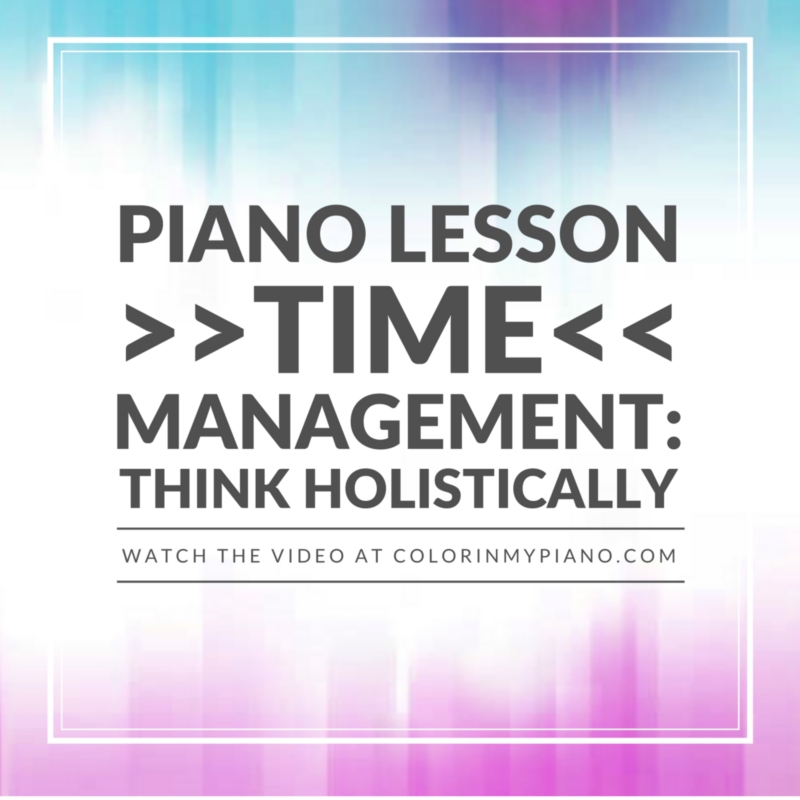
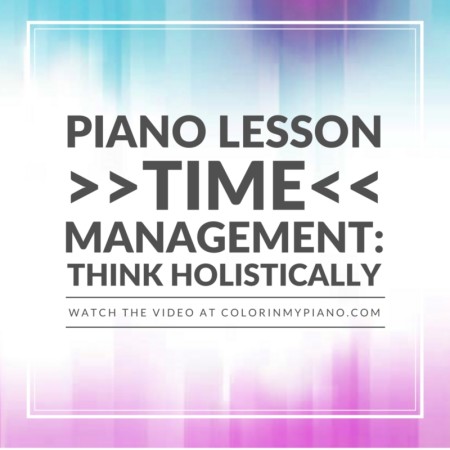 Greetings!
Greetings!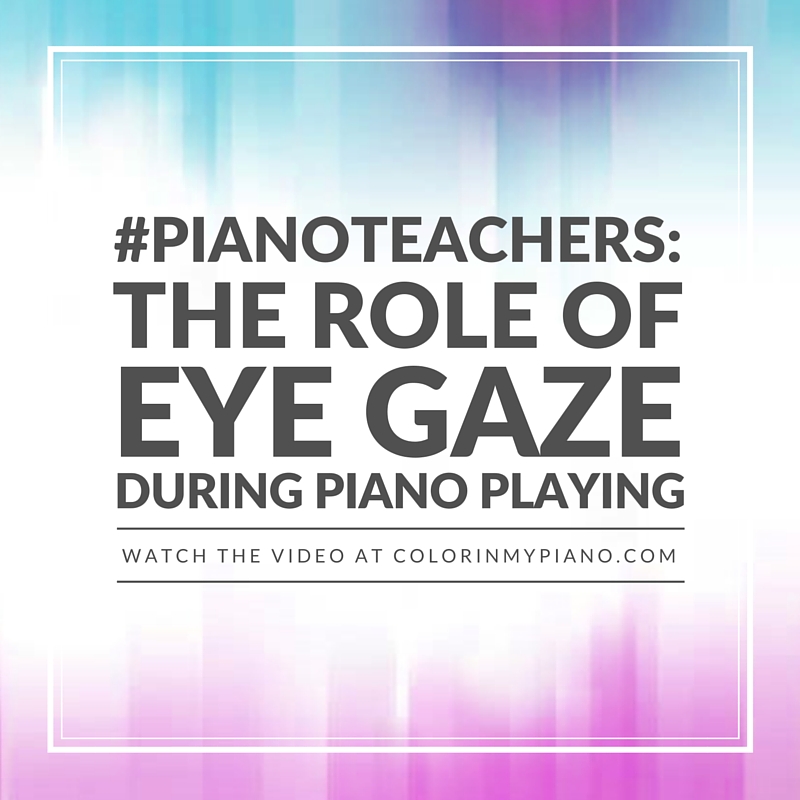
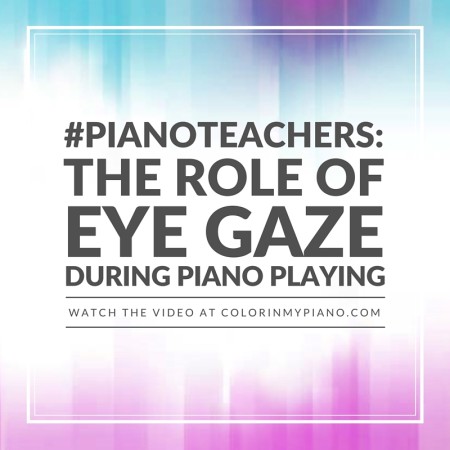 Greetings! During today’s live broadcast via Periscope, we discussed the role of the direction of our gaze during piano playing, and what strategies we can use with our students to help them use their eyes to become better sight-readers, memorizers, and more. Please enjoy watching the video conversation below.
Greetings! During today’s live broadcast via Periscope, we discussed the role of the direction of our gaze during piano playing, and what strategies we can use with our students to help them use their eyes to become better sight-readers, memorizers, and more. Please enjoy watching the video conversation below.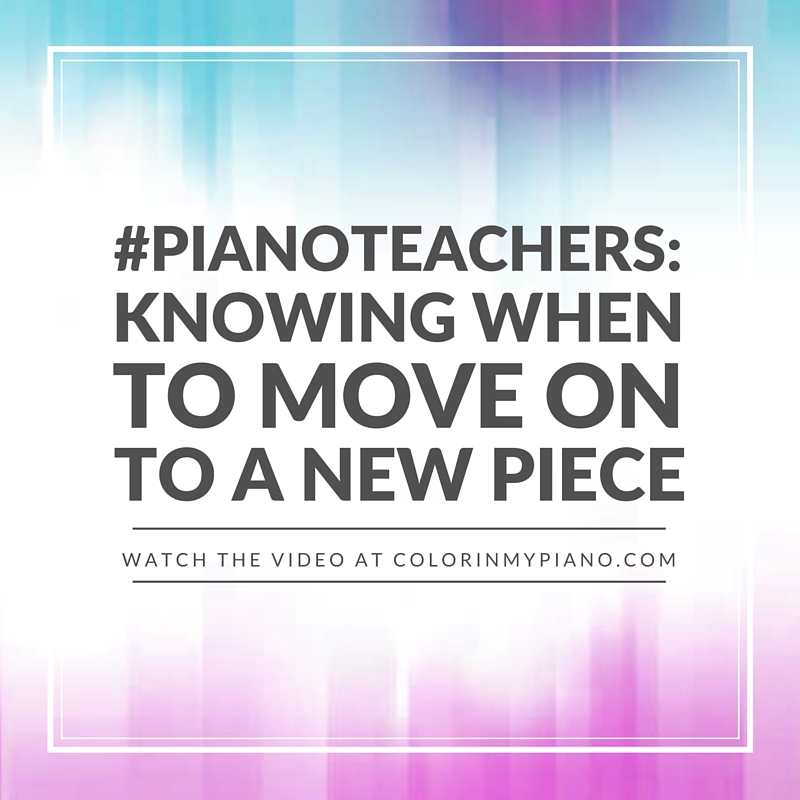
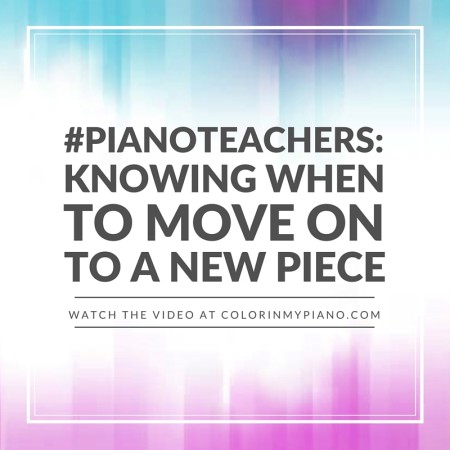

 Yesterday, I created my first live broadcast video for the blog. A big thank you to those who watched the broadcast live within Periscope (for
Yesterday, I created my first live broadcast video for the blog. A big thank you to those who watched the broadcast live within Periscope (for 
 Blogger and piano teacher
Blogger and piano teacher 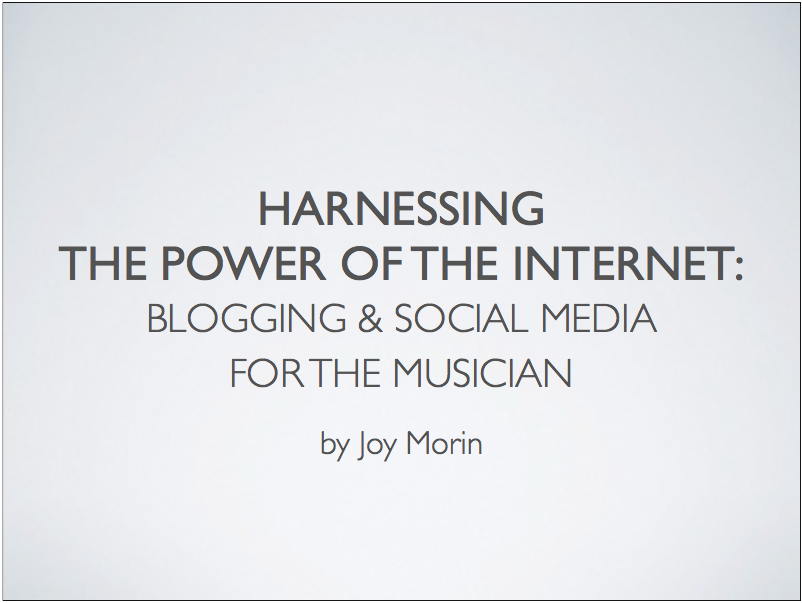
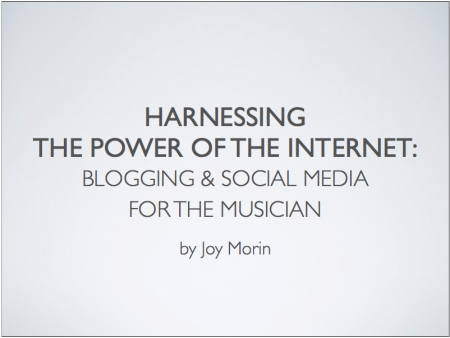 By the way, I also decided to share a readable version of my MTNA presentation. If you would like to take a look, you can download the PDF below or on the Printables > Other Resources page.
By the way, I also decided to share a readable version of my MTNA presentation. If you would like to take a look, you can download the PDF below or on the Printables > Other Resources page.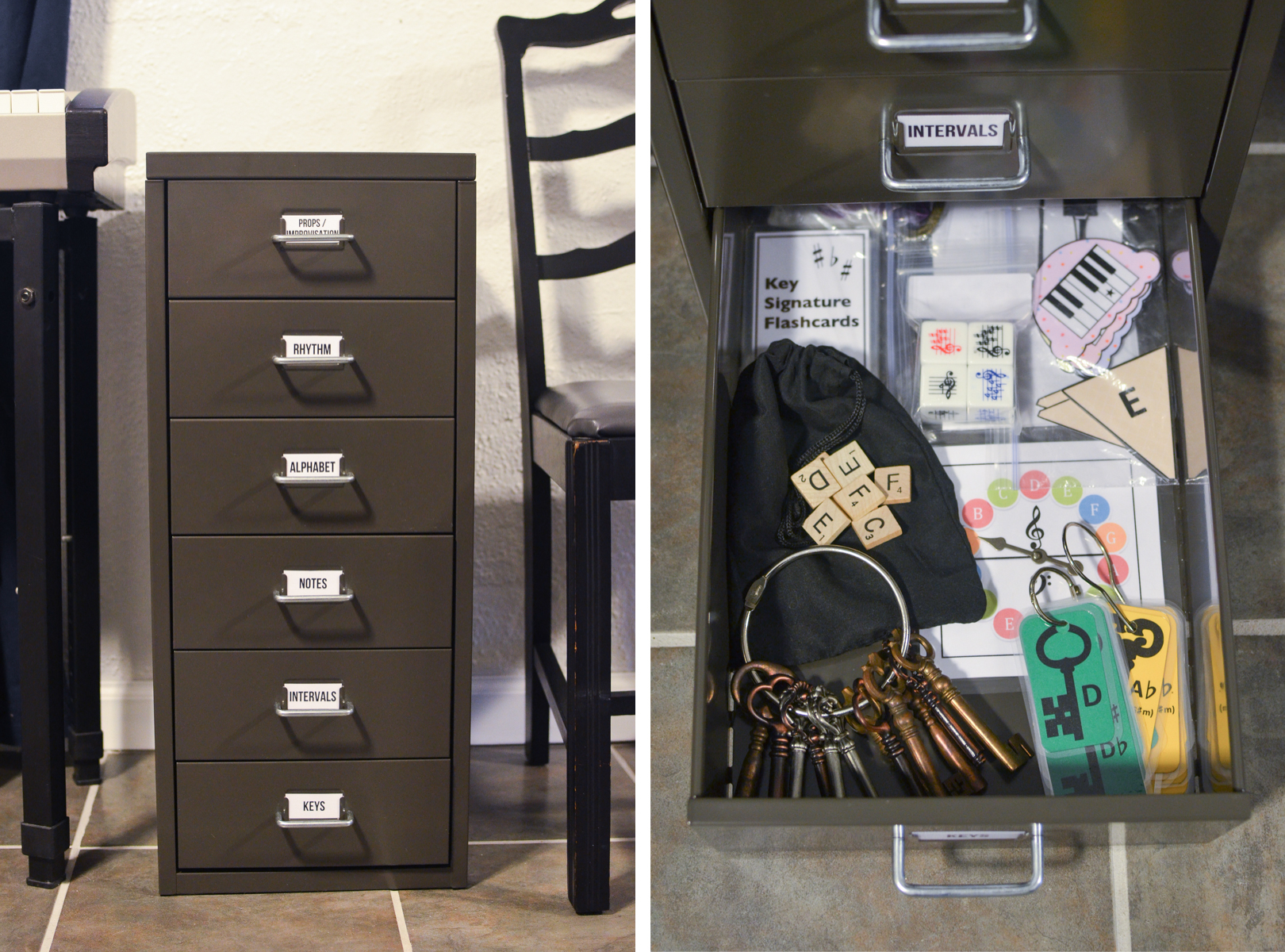
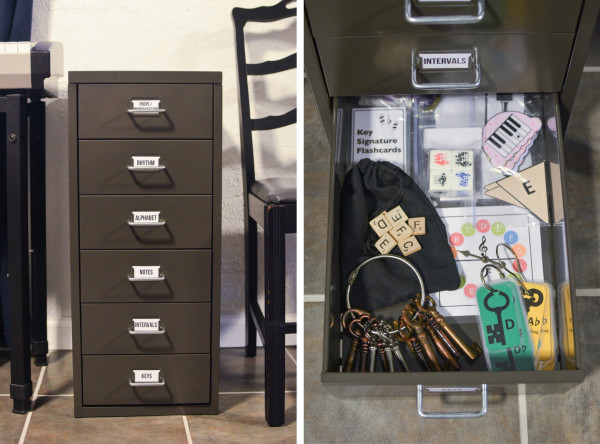


 Here is the backstory.
Here is the backstory. RCM’s non-profit publishing company, Frederick Harris, publishes a variety of wonderful books to aid students in preparing for assessments (most notably, the piano literature books known as the
RCM’s non-profit publishing company, Frederick Harris, publishes a variety of wonderful books to aid students in preparing for assessments (most notably, the piano literature books known as the 

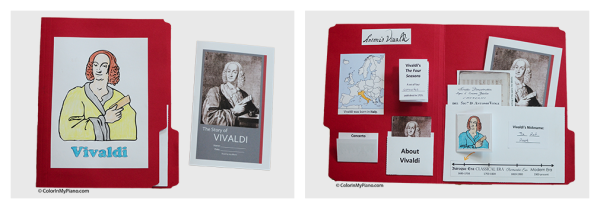
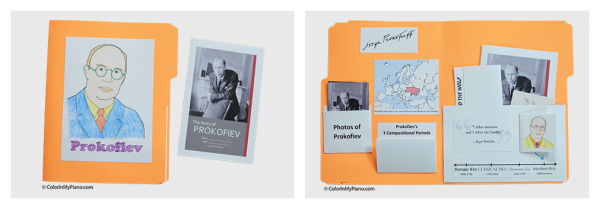
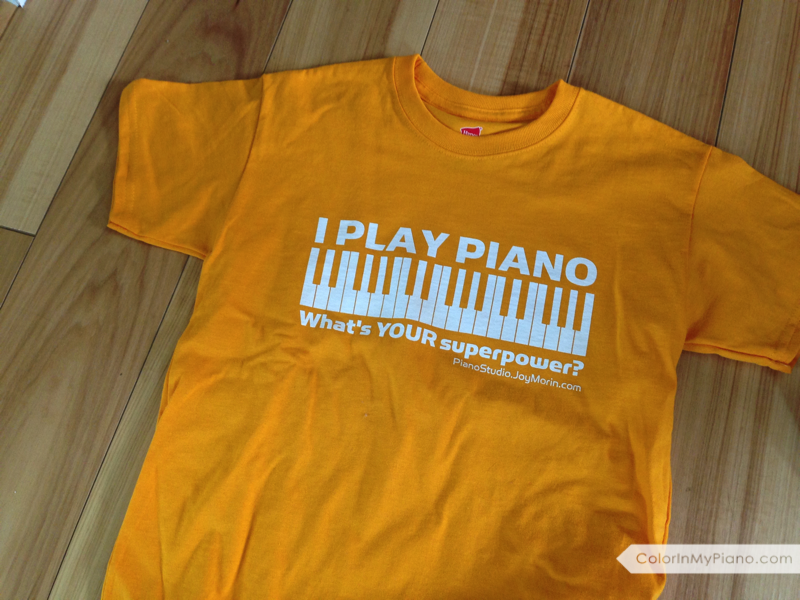
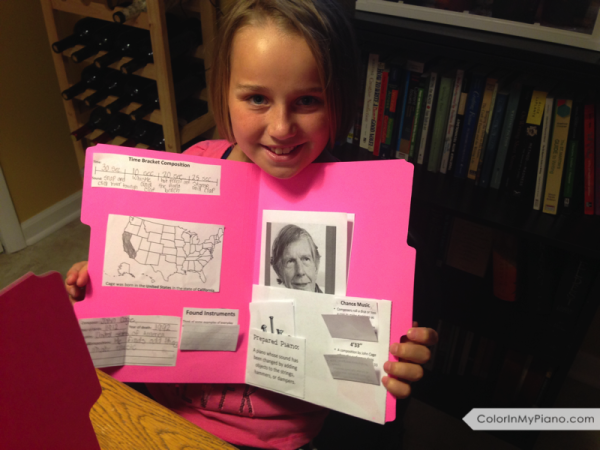
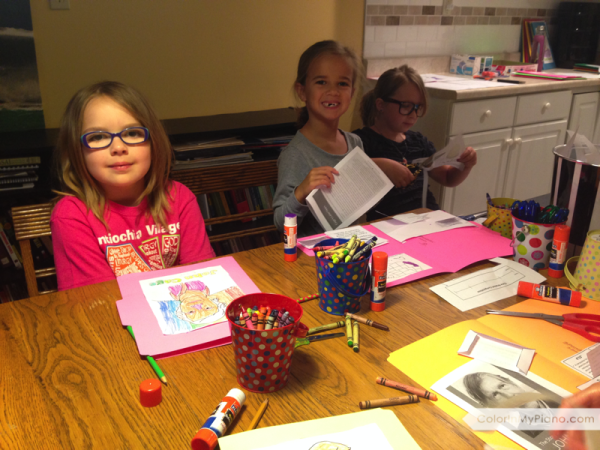
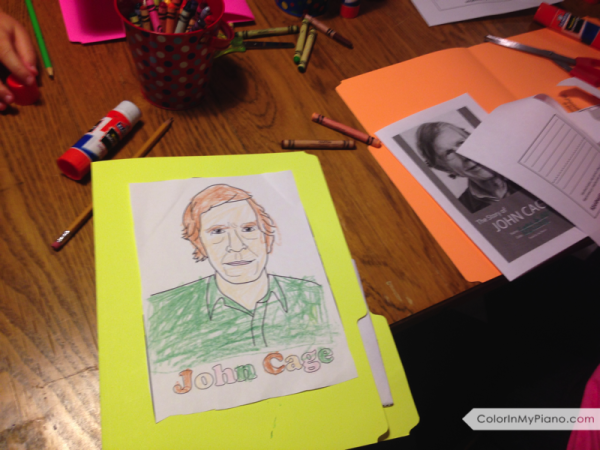
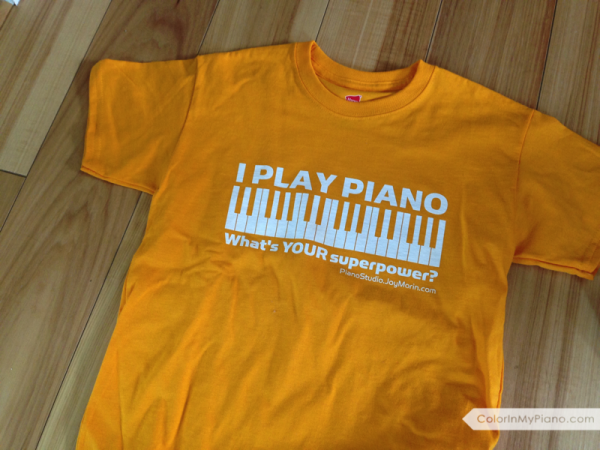
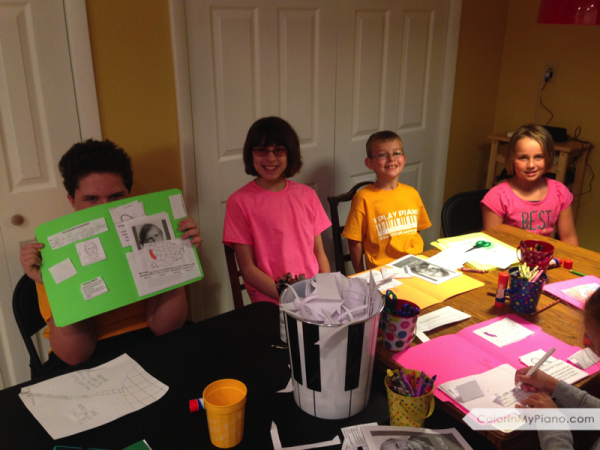

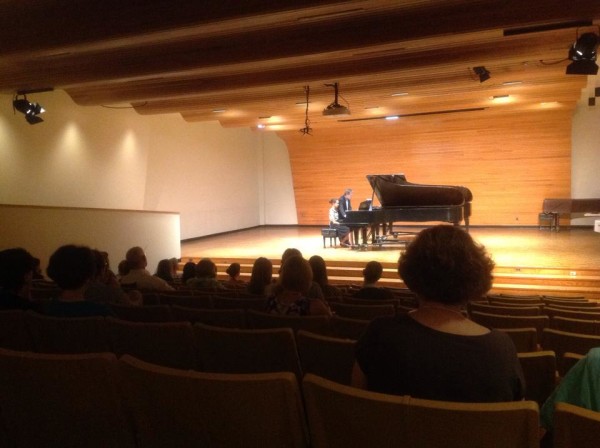
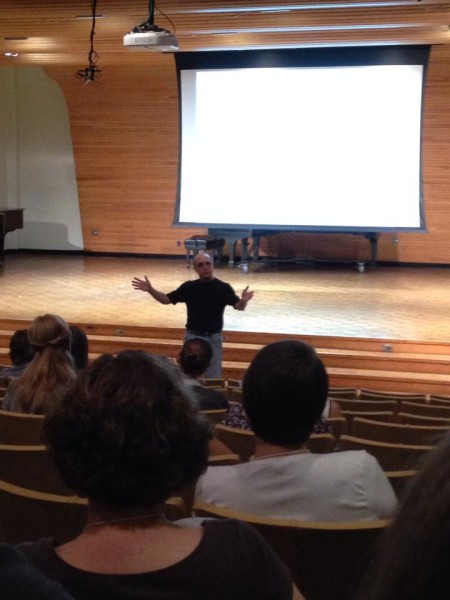
 After his lecture, Robert Duke encouraged us to check out the U of Texas-Austin’s
After his lecture, Robert Duke encouraged us to check out the U of Texas-Austin’s 